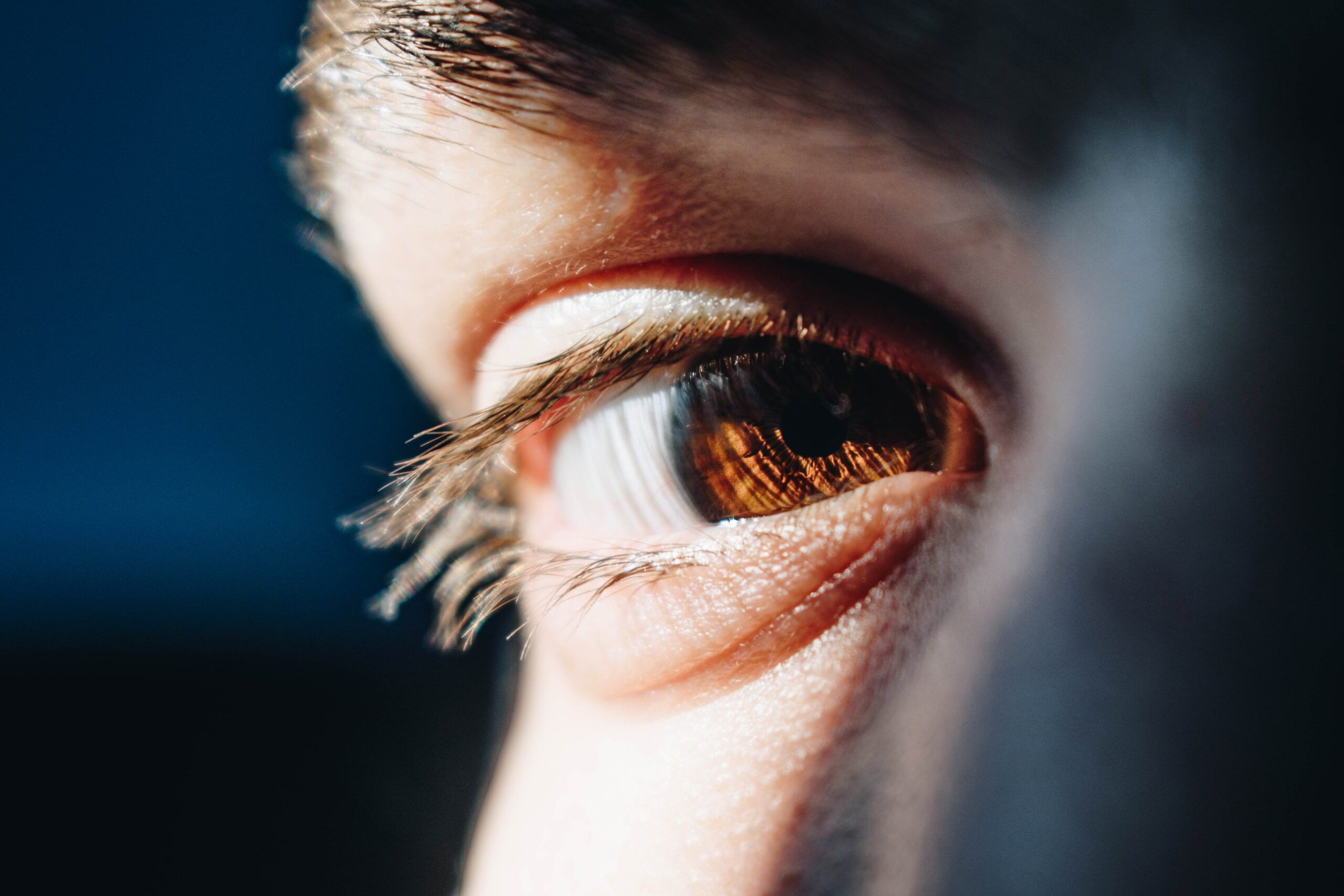What can we do to prevent the destruction of Earth’s habitability by deep sea mining?
By Jena Griffiths | September 3, 2023
The interests of 8 billion people and all of life on Earth are currently in the hands of 36 individuals. What can we do to prevent the destruction of fragile ecosystems that underpin Earth’s habitability?
Read Dr Sylvia Earle’s thoughts on deep sea mining
We can support viable alternatives. One example would be investing in alternatives such as salt and sulfate batteries. Read here about miracle breakthroughs in sulfur batteries that don’t require the mining of the ocean depths.
Topics: ecology and nature, Environment | 1 Comment »
Best books of 2022
By Jena Griffiths | January 3, 2023
My book the the year award goes without a doubt to the Guardian newspaper’s environmental journalist George Monbiot for his exceptionally well researched and deeply inspiring book Regenesis, Feeding the world without devouring the planet.
 Monbiot’s masterpiece brings hope that we certainly can find a way to re-wild a third of the planet and still produce enough food for humanity’s growing population.
Monbiot’s masterpiece brings hope that we certainly can find a way to re-wild a third of the planet and still produce enough food for humanity’s growing population.
Using his magnifying glass, Monbiot draws us in right from the beginning by sharing his facination with tiny scuttling creatures living in the soil. Then he takes us on a journey into their realm. Below the surface of the soil, England has one of the richest ecosystems on earth. Each square metre of soil hosts several thousand species, an incredible biodiversity, largely unidentified or unresearched.
Monbiot goes on to explore several breakthrough farming techniques. I particulalrly liked Read the rest of this entry »
Topics: ecology and nature, Environment | No Comments »
Rethinking refrigeration
By Jena Griffiths | January 2, 2023
Every year, when winter comes around I ponder the insanity of millions of households in Europe keeping their fridges running inside heated homes when it’s freezing outside. This winter I thought I’d experiment on myself a bit before suggesting to others that they switch off their fridges to reduce their carbon footprint 😉
Early November I was going away for a week so I cleared out my fridge and switched it off before leaving. On return I thought, it’s pretty cool outside, why not just leave it off and see how easy out is to store fresh food in the god-given fridge outdoors.
Read the rest of this entry »
Topics: climate change, Environment | No Comments »
Miracle battery? – positive sparks fly at last!
By Jena Griffiths | August 16, 2022
Batteries vs environment – good news

For the last three decades, the race has been on to create batteries that don’t cost us the Earth, quite literally, through the massive destruction of fragile ecosystems caused in their creation.
Lithium-ion batteries are currently favoured by phone and car companies, but the environmental and humanitarian cost of mining the rare minerals needed in their composition is extremely high. These batteries eventually end up in the trash, further compounding toxic waste, human misery, destroyed ecosystems.
Lithium-sulfur batteries have been researched for years as an alternative because they are made from far less ecologically harmful materials, are much lighter and cheaper to produce, and are far less likely to catch fire. The drawback until now was they had a shorter lifespan than the more environmentally destructive lithium-ion alternative.
But now the good news: an engineering team at Drexel, Phildelphia USA, has discovered a way to make Lithium-Sulfur batteries last more than twice as long as Lithium-ion batteries and with three times the capacity!
Accidental Discovery
The team of researchers were trying to slow down a chemical reaction to improve suphur batteries but then, almost miraculously, accidentally discovered something else: a new chemical phase of sulfur that basically stops battery degradation! Read the rest of this entry »
Topics: climate change, ecology and nature, Environment | 1 Comment »
Roads as batteries
By Jena Griffiths | January 9, 2022

Photo by Federico Beccari on Unsplash.com
Read the rest of this entry »
Topics: climate change, ecology and nature, Environment | 1 Comment »
Being the light
By Jena Griffiths | January 1, 2022
 A concept I’m pondering and hope to master in coming year is
A concept I’m pondering and hope to master in coming year is
“radical inclusion”
Inspired by this century old poem:
“They drew a circle and shut me out
A rebel, a heretic, a thing to flout
But love and I had the wit to win
We drew a larger circle and took them in”
From an interview with William Ury about getting a yes to the green grid
Topics: Uncategorized | No Comments »
Solstice. Our hearts are the place where the turnaround starts.
By Jena Griffiths | December 21, 2021
Today is Solstice. Birth place of 2022. The turnaround point for a new direction, for the planet and all of us on it.
What to turn around?
Perhaps our own apathy? Read the rest of this entry »
Topics: climate change, ecology and nature, Environment | 6 Comments »
Storing carbon in your basement (or garden)
By Jena Griffiths | December 19, 2021
Recently a friend chucked out most of her beloved books and went digital. But what to do with the real gems and treasures you no longer have room for? I took some of them on, including the Quran and a Year the Rumi, because I couldn’t bear to see them turned into “pulp fiction” and, perhaps later, someone else’s toilet paper.  Early 2019, while clearing all my clutter at my parents’ house, I had the same problem. Looking through numerous books, rediscovering old friends, some had been in boxes for over 30 years. Some I kept, most were given away, some may have been valuable, some may find their way to recycling works but I sincerely hope not. There must be a better solution.
Early 2019, while clearing all my clutter at my parents’ house, I had the same problem. Looking through numerous books, rediscovering old friends, some had been in boxes for over 30 years. Some I kept, most were given away, some may have been valuable, some may find their way to recycling works but I sincerely hope not. There must be a better solution.
My thoughts on this
How much carbon in the world is currently stored in books? What would happen if all that carbon got released into the atmosphere and all those prized treasures lost? What would happen if all books were recycled in the coming years, everything went digital and then the digital web crashed or got upgraded to something else and all that wisdom and culture got lost? (If you’ve been around a while, how much of your treasured records are now inaccessible because they’re stored on now defunct discs, chips, tapes or old software version? A few millennia of homeo sapien’s ponderings blitzed by Read the rest of this entry »
Topics: climate change, ecology and nature, Environment, writing | No Comments »
The anatomy of inaction – what does climate change have to do with collective trauma?
By Jena Griffiths | November 13, 2021
What does climate change have to do with collective trauma and how each of us can contribute to healing the climate crisis by doing our own inner work – by becoming aware of frozen places within inhibiting our ability to respond?
Our willingness or ability to respond to the urgency of the crisis in which we find oursleves has been impaired by numbing and overwhelm, a shutting down of our nervous system, says Thomas Huebl.
Topics: climate change, collective trauma, Environment | No Comments »
One Sun, one World, One Grid – hurray!
By Jena Griffiths | November 13, 2021
Possibly one of the most promising commitments to come out of COP26, the 26th United Nations Climate Change conference, is the idea of an international grid of clean energy. Beautifully explained here by William Ury, author of Getting to Yes and several other books.
This interview with Ury thanks to the pocketproject.org
What happens if we all work together? Ury also explained the concept of radical inclusion and the importance of compassionate listening.
“Listening to understand is the key art to transforming our lives and the lives around us” says William Ury.
Topics: Being in transition, climate change, ecology and nature, Environment | No Comments »


